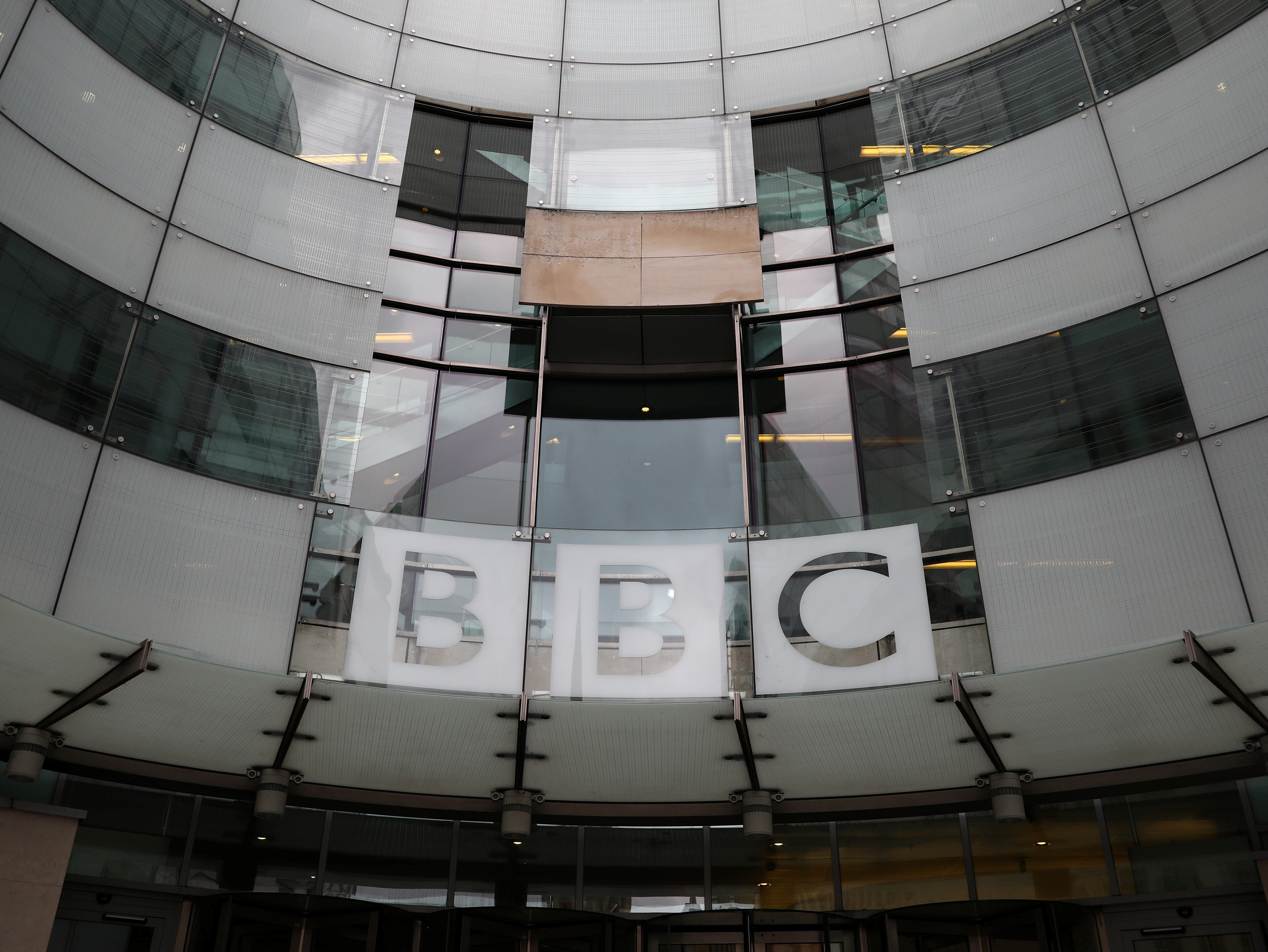
A Conservative MP has warned his own party against “picking a potentially unpopular fight” with the BBC.
Huw Merriman warned the corporation “should not be a target” after reports suggested the Conservative Party is considering widespread changes including scrapping the licence fee.
In a column in today’s Daily Telegraph, he wrote that the Conservatives did not mention tinkering with the BBC in their election manifesto.
Merriman, chairman of the All-Party Parliamentary Group on the BBC, wrote “it feels as if senior government aides are now ramping up an unedifying vendetta against this much-admired corporation.
“This culminated in a bizarre promise this weekend to ‘whack’ the BBC with a suggestion it should ‘be slimmed down and put on subscription’.”
The Sunday Times reported yesterday that Downing Street is considering replacing the TV licence fee with a subscription model.
It claimed the plan could force the sale of most BBC radio stations, cut the number of its television stations and reduce the amount of online content produced.
The paper reported a “senior source” who said: “We are not bluffing on the licence fee. We are having a consultation and we will whack it.
“It has to be a subscription model. They’ve got hundreds of radio stations, they’ve got all these TV stations and a massive website. The whole thing needs massive pruning back.
“They should have a few TV stations, a couple of radio stations and massively curtailed online presence and put more money and effort into the World Service, which is part of its core job.”
Merriman said the BBC has an “80 per cent approval rating from the same public which elected this government”.
He added that given some people had voted Conservative for the first time, “it begs the question as to why we are picking such a potentially unpopular fight”.
He wrote: “The BBC should not be a target.
“It not only brings us together at home but helps maintain our influence on the world stage.
“If the BBC ends up in decline, if a much-loved and revered institution is devalued and if the costs go up, it will be this Government which will stand accused by the very people who we will be relying on to support us at the next election.”
Other Conservative MPs also defended the BBC at the weekend.
Damian Green tweeted: “I hope the Sunday Times story about the BBC is kite-flying.
“Destroying the BBC wasn’t in our manifesto and would be cultural vandalism. ‘Vote Tory and close Radio 2′. Really?”
Damian Collins, who chaired the Digital, Culture, Media and Sport Committee until December’s election, said: “This would smash the BBC and turn it from being a universal broadcaster to one that would just work for its subscribers.
“The biggest losers would be the UK’s nations and regions.”
But Transport Secretary Grant Shapps played down the reports on Sky News’ Sophy Ridge On Sunday, saying: “I would be pretty cautious of some unattributed comments.
“There is a consultation out there. It is just a consultation at this stage. There are no further decisions made at all.
“The BBC is a much loved national treasure. We all want it to be a huge success. But everybody, including the BBC themselves, recognises that in a changing world the BBC itself will have to change.
“But it is simply not the case that there is some preordained decision about the future funding of the BBC out there. The charter runs to 2027 so there is long way to go on all these decisions.”
Speaking to the Observer yesterday, BBC director of news Fran Unsworth said the debate around the licence fee “should start with discussion about what the BBC is for.
“Once you have answered that, you can go on to how it should be funded.”
Unsworth argued that a subscription model would be unfair because those who decide to pay would be funding a service that still had to reach the whole of the British public because of its Royal Charter terms.
“This is where the whole subscription model starts to come adrift. If you have a national civic function, you cannot then choose for only certain sections of the audience to pay for it,” she said.
Picture: Shutterstock
Email pged@pressgazette.co.uk to point out mistakes, provide story tips or send in a letter for publication on our "Letters Page" blog
